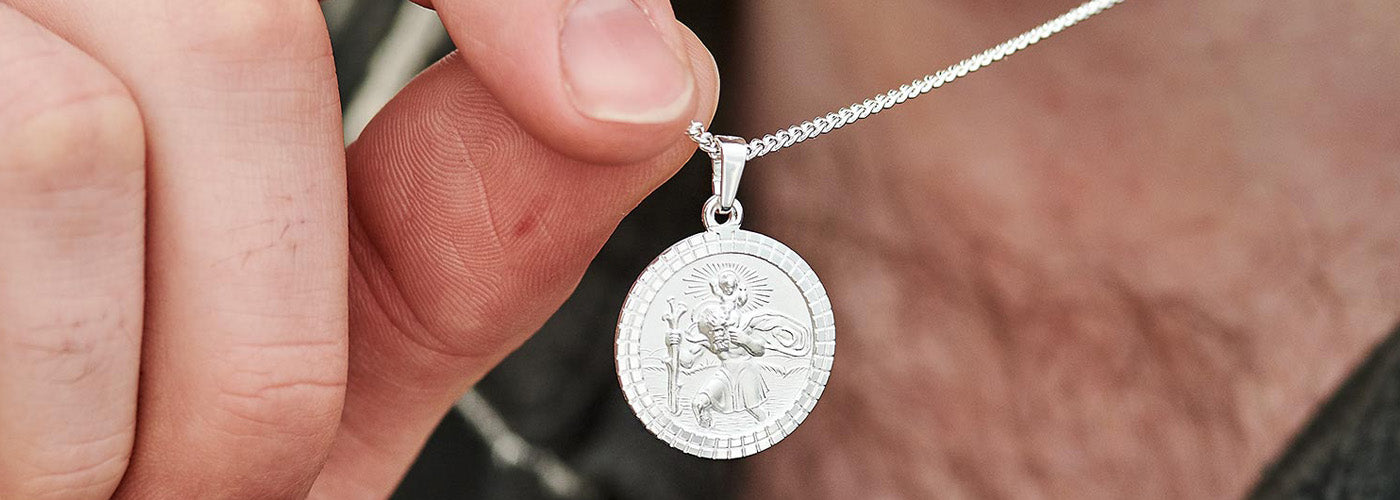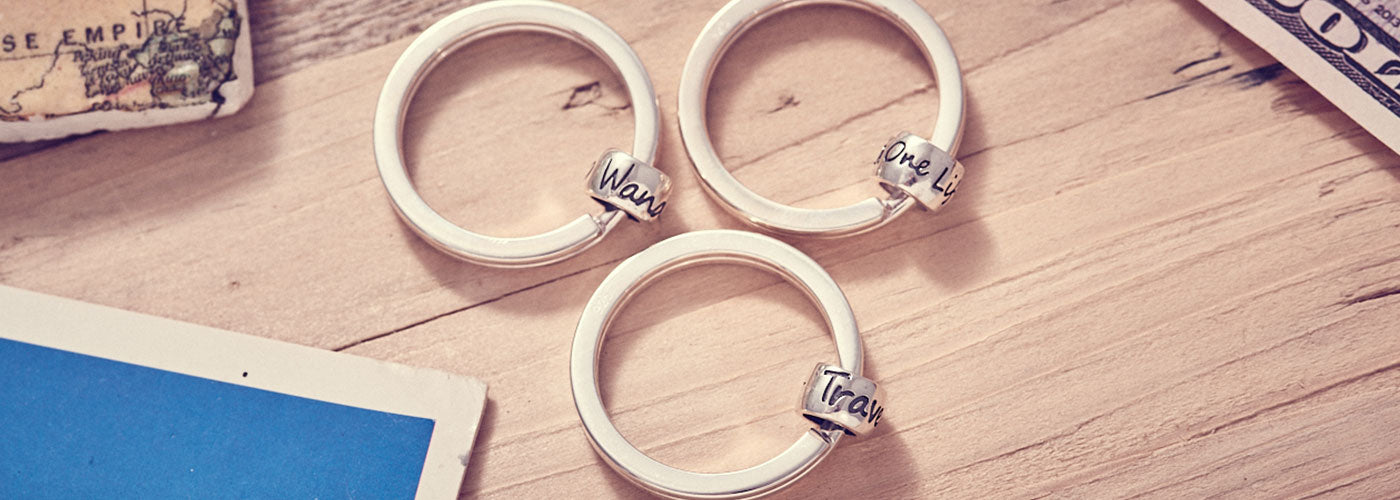The global pandemic of 2020 has changed the way we travel, possibly, forever.
With restrictions easing and borders starting to open around the world, travel is starting to pick up. However, COVID-19 has added some additional risks to travelling.
Here are 14 tips on how you can travel more safely in the midst of a global pandemic.
1. Check your travel insurance
Having travel insurance is always a travel essential, but during a pandemic, it can become even more critical.
Most travel insurance companies have exemption clauses that will not cover you for anything related to a pandemic or epidemic. This means if you get the virus or you have to cancel plans due to the pandemic you won’t be covered.
Your insurance company might not cover you for anything at all. Ring your insurance company and triple check all the details in relation to your policy. Specifically asking what is and is not covered during a pandemic. Even if there is no outbreak currently, check what will happen to your policy if there is.
The last thing you need is a nasty surprise of not being covered if something goes wrong!

2. Safeguard your passport and ID
Be vigilant about the safety of your passport, drivers license and any other form of identification that you have. Keep important ID items in different places and store your passport in a safe or secured to your body.
This means if you get sick or the country spirals into a lockdown, your most important travel documents are safe and secure. It is important that someone can easily identify who you are at all times so that medical staff can contact your embassy in an emergency.
3. Plan your trip carefully
The days of winging it when it comes to travel are gone. Travelling requires more careful planning now than ever.
Research thoroughly the status of the regions you are visiting in relation to the pandemic. You need to consider the current laws and restrictions and how accommodation and transport might be affected.
Learn how risky your destination is in terms of infection and plan your moves to lower your risks. Check how the borders are affected and whether there are any additional visa restrictions for different countries.
Planning is essential. You do not want to arrive at a destination and find there are all kinds of restrictions that prevent you from doing everything. You need to evaluate what is happening (and what might happen) to ensure you know exactly what to expect.
The last thing you need is to be denied entry onto a flight due to a lack of research!

4. Plan for the worst-case scenario
If anything this pandemic has shown us that things can change fast and anything can happen. It has made us realise how uncertain and unpredictable life can be, especially in the tourism and hospitality industry.
This doesn’t mean you should stay locked up inside and give up all hopes of travelling again. But you should prepare yourself for the worst-case scenario while you are overseas and have an exit plan if things get really bad again.
Perhaps the worst-case scenario is that you need to get an emergency flight home. Perhaps it is being stuck in a country without a valid visa. Maybe it is dying of the virus itself.
Consider whether your country's embassy is in a position to bail you out with a chartered flight. Make sure you have enough money in your bank account to cover unexpected cancellations and emergency flights back home. Check what the local government is like in terms of corruption and the treatment of foreigners in a crisis. This will give you an idea of how you may be treated if the region goes into a state of emergency.
If you did end up in hospital really sick, how much would that cost? If you were to become fatally ill how what would happen?
Research and get an estimate of how much it could potentially cost to get home or to a safe destination.
By preparing for the worst-case scenario you put yourself and your family in a good position to deal with whatever happens.
5. Wear a mask
It has now become compulsory to wear a mask when in public places that social distancing isn’t possible such as public transport. Make sure you bring plenty of masks with you and always wear them when you are on a bus, plane, train or somewhere that is crowded like a supermarket.
Check the laws, recommendations and norms of where you are visiting and wear your mask appropriately (and correctly!). This will help to protect your health and the health of others you come into contact with.
Having reusable fabric face masks made out of organic cotton, bamboo or hemp is the best option when it comes to travelling. They are breathable and are a responsible travel choice as they are much better for the environment. Plus they are more appealing to the eye than a surgical mask. Bring enough to last you for a number of days between washing.
 6. Take plenty of supplies with you at all times
6. Take plenty of supplies with you at all times
Being prepared is a must in a post COVID world. Make sure you pack an abundance of supplies to keep you safe and healthy.
- Masks: As mentioned above pack a number of face masks to cover you for long journeys and multiple days in case you don’t have access to a laundry or new masks. Opt for one that is safe, effective and comfortable.
- Food & drink: By packing your own food instead of eating from cafes or from an airline you greatly reduce your risk of infection. Just make sure the food you buy you wash before touching or consuming. Eat before you travel if that is possible.
- Hand sanitizers, antibacterial wipes and soap: These are essential to have on hand to clean hands and wipe any surfaces before you touch them. Washing your hands for at least 20 seconds with warm soapy water is also one of the best ways to kill the virus.
7. Get your documents ready and have them handy at all times
Most countries require you to have forms filled out and evidence of negative tests before leaving or entering a country. Make sure you have all the documents you need, including visa applications and approvals and photocopies of your passport.
Have all of these documents ready and handy in your backpack at all times. This will help borders crossings go much more smoothly, in a time when everything is new and chaotic.
Some countries may even fine you or deny entry altogether if you don’t have the right documentation prepared and ready. So make sure everything is sorted and organised before you step foot in the airport. This will avoid delays and havoc at the airport.
8. Keep your immune system healthy
Having a strong immune system is the best defence against a virus. Travelling for long periods of time in confined spaces to different time zones with different water and food can really affect your immune system.
To increase your chances of staying healthy on your trip take measures to have a strong immune system. Make sure you are getting all the essential vitamins and minerals for a strong immune system. These include vitamin C, vitamin D, zinc, B vitamins and more.
The best way to get all the vitamins and minerals you need is to have a healthy wholefoods diet filled with fresh fruit and vegetables. Cut down on alcohol and get plenty of sleep. Drink at least 2 litres of water a day and get outside to exercise as much as you can.
When you are travelling try your best to stick to a healthy diet and avoid strong pungent foods that you know might upset your stomach. If you can find accommodation that has a kitchen for you to prepare your own food that is best.
Get comprehensive blood work done by your doctor to see if you have any deficiencies that could impact your health and take supplements where needed.
Taking these steps will greatly increase your immunity and lower your risk of getting seriously ill if you did catch COVID.

9. Research the medical facilities & costs where you are going
Make sure you know what the deal is with the healthcare facilities of the destination you are going to. Do they have a comprehensive healthcare system? Or is it flawed?
Check where the nearest medical centre or hospital is to where you are staying and record their details on your phone so you know where to go. Also, note down the location and contact details of your embassy in case anything major did happen.
Research what the hospital procedures and costs are in that country. How does their billing work? Do they accept foreign insurance? How is their healthcare system dealing with COVID? How long might you have to stay? Will you be required to self isolate or go into managed quarantine?
There are so many factors to consider when it comes to your health in the age of COVID and it varies greatly from country to country. So do your due diligence!
10. Follow the rules
The rules and restrictions for travelling across borders and quarantine requirements are different in every country and even in different cities and states. These rules develop daily along with the spread of the virus.
Before you go check the rules of your home country. You may have to fork out $3000 to stay in a managed quarantine facility for 14 days on your return. Check the destination you are travelling to thoroughly as well. Look for official sources online and also research into local groups on Facebook for information on what is actually happening in the travel community.
Check the rules for your specific airline as some have additional policies in regards to hand luggage, food and masks.
Travelling now is way different and comes with many more challenges and hurdles. But if we stick to the rules we can play our part in helping to contain the virus. Following the rules also means you will avoid disaster and help it go as smoothly and safely as possible.
It’s important that we all work together while we’re exploring and enjoying our travels to minimise the risks!
11. Get to the airport extra early
Due to new policies and procedures in place at the airport such as temperature checks and rigorous documentation checks, queues will be moving much slower.
Get to the airport at least an hour earlier than you think you should. Potentially even earlier than that depending on the population size of the city where the airport is based.
Going to the airport is stressful enough let alone going to the airport during a pandemic. So do what you can to reduce your stress and anxiety by getting there as early as humanly possible.
If you are at an airport where you are required to get your temperature checked like London Heathrow, they will let you board if it is at or below 37.5 degrees celsius. If it is at 37.6 degrees celsius or more they will wait 15 minutes, do another check and then decide if you can board the flight.

12. Use the bathroom before your journey.
The way we use the bathroom on planes is even changing.
Airlines are asking passengers not to queue for the bathroom and instead press the service button and wait in their seat. This allows for better social distancing on board. On short flights, cabin crew might not even open the bathroom at all.
Prepare yourself and help ease wait times for the bathroom by remembering to go before you board.
13. Be aware that accommodation will look different.
Accommodation is also changing thanks to COVID. You can expect fewer soft furnishings like blankets, cushions and pillows and no books or magazines to borrow.
All non-essentials will likely be removed from the room to reduce the risk of infection between guests and staff. Hostels may also start limiting the number of people that are allowed to stay in a dorm room. Dorm rooms may even be completely prohibited by some accommodation providers.
Cleaning will be much more thorough and procedures in place to prevent cleaners cross-contaminating rooms.
Before you book any accommodation, especially a hostel, check what their rules and policies are in regards to COVID.
14. Consider other forms of transport.
If you want to travel but the thought of getting on a plane freaks you out. Perhaps it isn’t even possible for you right now, consider other forms of transport. Catching a plane to travel is not the only option!
Hiring a car or van and going on an epic road trip in your home country or to a country nearby is a great option. It is way less risky than getting on multiple planes.
And who doesn’t love a good road trip!

Are you looking to travel more responsibly after the pandemic? Read this amazing post on ways to travel better https://www.loveholidays.com/holidays/responsible-tourism-during-covid-19/#informed-hero
There you have 14 tips on travelling during a pandemic. Follow these tips the next time you start planning for your next escape to set yourself up for a smooth journey.




 6. Take plenty of supplies with you at all times
6. Take plenty of supplies with you at all times





